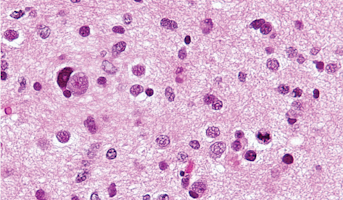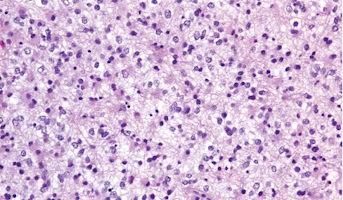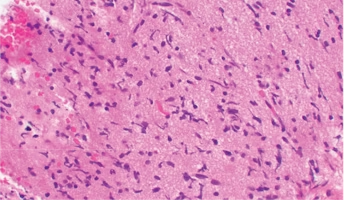Natalie Jäger
D-69120 Heidelberg Germany
Hopp Children's Cancer Center

About
Group leader "Clinical bioinformatics"
Hopp Children's Cancer Center Heidelberg
With our analyses, we significantly support the INFORM program, an international project to create personalized molecular tumor profiles for children with recurrent or refractory tumors. By analyzing the tumor data, we identify molecular changes that may represent potential targets for a given drug and therefore may help treating physicians to find tailored therapies for the young patient.

Hopp Children's Cancer Center
research
Interests

High-Grade Glioma
High-grade Gliomas (HGG) or astrocytomas in children nearly always result in a dismal prognosis. Although novel therapeutic approaches are currently in development, preclinical testing has been limited, due to a lack of pediatric-specific HGG preclinical models. These models are needed to help test

Low-Grade Glioma
Low-Grade Gliomas also called astrocytomas are the most common cancer of the central nervous system in children. They represent a heterogeneous group of tumors that can be discovered anywhere within the brain or spinal cord. Although surgical resection may be curative, up to 20% of children still su

Diffuse Intrinsic Pontine Glioma
A presumptive diagnosis of DIPG based on classic imaging features, in the absence of a histologic diagnosis, has been routinely employed. Increasingly however, histologic confirmation is obtained for both entry into research studies and molecular characterization of the tumor.[5] New approaches with

